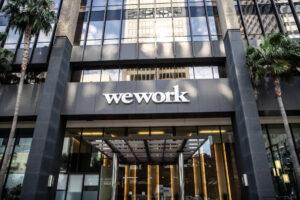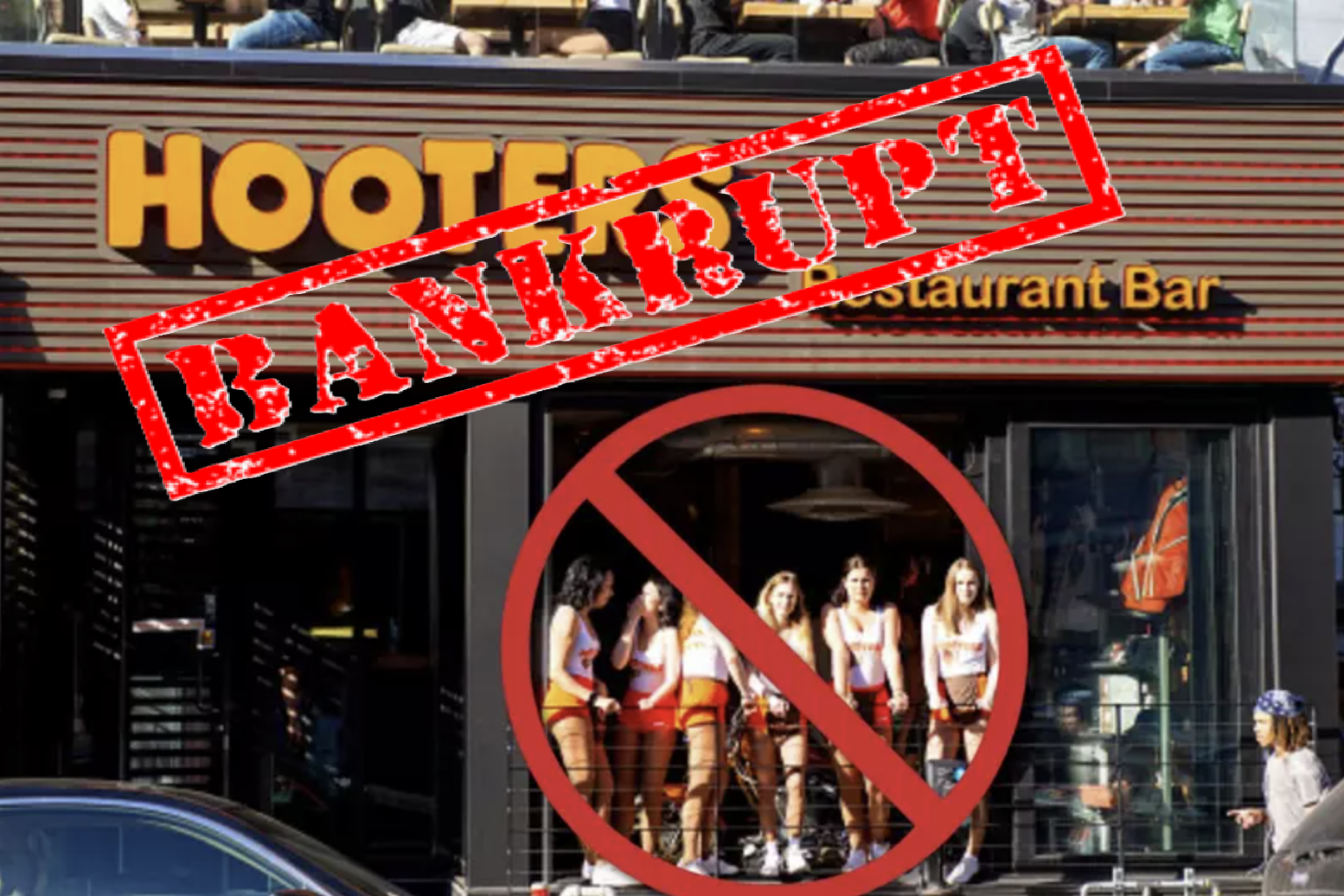WeWork: A Tale of Free Beer, High Hopes, and the Art of Loss

Latest news
-
John Combs - June 30, 2025
-
Ima Short - June 26, 2025
Crypto Becomes Asset For Mortgages, Fartcoin Now Worth ‘Abandoned Warehouse With No Doors’
-
Ima Short - June 25, 2025
Jim Cramer Removes Michael Burry Mask He’s Been Wearing For Two Years
-
Marge Incall - June 24, 2025
X Just Gives Up And Permanently Pins ‘WW3’ To Top Of Trending Bar
In an office space not so far away, WeWork, the once-celebrated unicorn of shared workspaces, seems to have taken its mantra “Do What You Love” a tad too seriously, and what it apparently loved was a game of financial Jenga. The company, which once boasted a valuation that could make Silicon Valley blush, is now reportedly filing for bankruptcy, making it the poster child for “How to Unwork Your Company 101.”
Founded by Adam Neumann, a man whose ambition was as high as his buildings, WeWork aimed to revolutionize the way people worked together. With a vision that could have only been conjured up after a few too many free beers (which they generously offered), Neumann created a world where work was synonymous with luxury lounges and caffeine-fueled networking. It was the ‘We’ decade, where iPhones and iPods were out, and community tables and mood lighting were in.
Fast forward to 2021, and the company’s valuation was cut from a towering $47 billion to $9 billion. The company’s strategy of long-term leases and short-term memory didn’t quite pay off, leaving them with more empty desks than a ghost town’s schoolhouse.
The IPO that never was became the talk of the town, as WeWork’s financials were revealed to be as solid as a house of cards in a wind tunnel. Neumann, in a move that surprised no one but probably should have, was leasing his own properties to WeWork, blurring the lines between ‘We’ and ‘Me’ in a way that would make even the most narcissistic blush.
As the pandemic hit, WeWork’s response was to lay off employees and close offices with the kind of enthusiasm usually reserved for going out of business sales. The company’s attempt to float on the stock market finally came to fruition through a SPAC, because nothing says “trust us” like merging with a company that’s essentially a big bag of cash.
Now, with a stock price that’s seen more downs than ups, WeWork is teetering on the edge of being delisted faster than you can say “We’re broke.” The irony is thicker than the espresso at their once-buzzing coffee bars, as the rise of hybrid working — the very trend WeWork was poised to capitalize on — has become the background music to their downfall.
As the company now prepares to file for chapter 11 bankruptcy, the world watches on with a sense of disbelief. WeWork’s saga serves as a cautionary tale that sometimes, when you reach for the stars, you forget about the pesky gravity of real estate economics.
So, let’s pour one out for WeWork, preferably a free latte or craft beer from their once plentiful supply. Here’s to the ‘We’ decade that almost was, and to the hope that their next chapter includes a little more ‘Work’ and a little less ‘Crash.’
Latest news
-
John Combs - June 30, 2025
Canada Scraps US Digital Tax, Apologises 26,000 Times
-
Ima Short - June 26, 2025
Crypto Becomes Asset For Mortgages, Fartcoin Now Worth ‘Abandoned Warehouse With No Doors’
-
Ima Short - June 25, 2025
Jim Cramer Removes Michael Burry Mask He’s Been Wearing For Two Years
-
Marge Incall - June 24, 2025
X Just Gives Up And Permanently Pins ‘WW3’ To Top Of Trending Bar


























